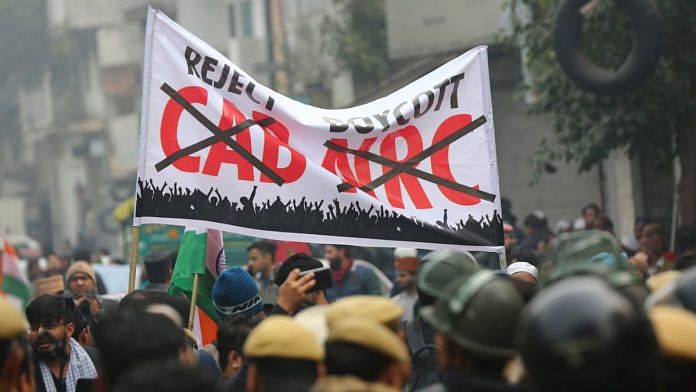Amid the anger and acrimony over the Citizenship Amendment Act (CAA), the National Population Register (NPR), and a possible National Register of Citizens (NRC), which the government has said has not been finalised yet, there has been little thought regarding its effects on another growing challenge — the quality of official data. In the last few years, official data has suffered from credibility issues and undermined confidence in the economy. The Indian statistical system, once the envy of the developing world, has fallen on hard times.
In 2020 and 2021, the government will roll out the 16th Census (and the 8th after Independence). The Census will be conducted in two phases — a house listing and housing Census to be conducted between April and September this year, followed by the population enumeration in February 2021.
The Census is the key source of primary data at the village, town and ward level, providing micro-level data on demography, housing, assets, education, economic activity, social groups, language and migration, among other variables. It also provides population data to the Delimitation Commission for the constitutionally-mandated decennial delimitation of parliamentary and assembly constituencies, and serves as a key input for many government policies and public services.
It is a massive exercise — and massively expensive. The cost of the 2021 Census is estimated at ₹8,754 crore (and NPR at ₹3,941 crore), involving about 30 lakh enumerators and field functionaries (generally government teachers and those appointed by state governments). Concurrently, the NPR — first prepared in 2010 under the provisions of the Citizenship Act, 1955 and Citizenship Rules, 2003 and subsequently updated in 2015 — will also be updated along with house listing and housing Census (except in Assam).
News reports have been streaming in that data collection exercises like the National Sample Survey (NSS) are being hampered in states like Andhra Pradesh and West Bengal. Reports from Karnataka indicate that people are declining to share personal information with officials visiting households in connection with government welfare schemes, with residents turning away ASHA workers on a pulse-polio visit, fearing that somehow some of their information might find its way into the NRC.
At its core, the fears of a tainted Census stem from the NPR breaking one of the cardinal rules in objective data collection, the preservation of anonymity. Anonymity must be maintained if people are to report information truthfully, especially information that can be used against them. Otherwise, people will report the information that is most likely to yield a beneficial outcome, whether minimising risk or maximising benefits, not what is true.
If respondents ascertain that truthfully revealing certain kinds of information in the NPR is more likely to result in questioning their citizenship, they may choose to obfuscate or misreport. Because the NPR and Census are to be run concurrently — and both are under the auspices of the Registrar General of the ministry of home affairs (also the key architect and driver of the CAA) — this loss of credible information is likely to extend to the Census. Thus, if the CAA and NPR are perceived as targeting a particular community, measuring that community, however genuine the intentions, through the Census, will simply not work.
By special arrangement with ![]()
Also read: Decoding National Population Register: What it is & its link to NRC



